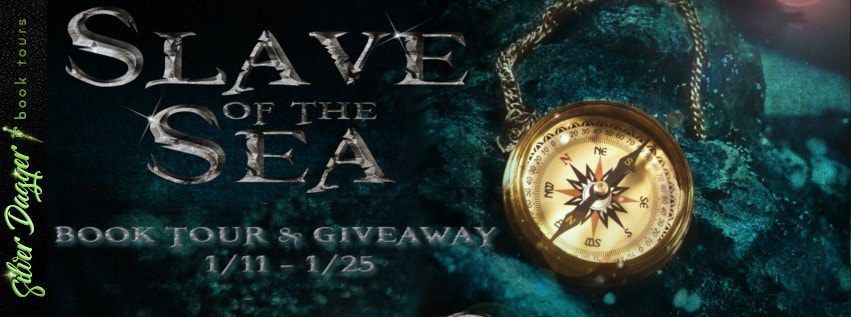Originally posted by Allison D. Reid:
In this article, Lee Duigon discusses what makes effective Christian-based fiction by way of a book review of the Chronicles of the Nephilium by Brian Godawa. Even if you don’t know the book, this is a very well-written article worth taking a look at–particularly if you read and/or write Christian fiction. It was published in Chalcedon’s online magazine. You can find out more about Lee Duigon and check out his book series, Bell Mountain, through his personal website and blog.
A REVIEW OF CHRONICLES OF THE NEPHILIM BY BRIAN GODAWA BY LEE DUIGON
Who doesn’t want to know more about those “giants in the earth”—Nephilim in Hebrew?
I couldn’t wait to read these books. Biblical mysteries elucidated! The bare-bones narrative of Genesis fleshed out! What really happened in that age before the Flood? It’s quite a draw.
And what a disappointment, when I finally read them.
But first I read the appendices attached to each book. These were fascinating, compelling. Delving deeply into Biblical and extra-Biblical scholarship, Godawa relocates Genesis into its original historical and cultural context, that of the Ancient Near East: Sumerians, Babylonians, Canaanites, and how ancient Israel itself was influenced by these neighboring civilizations.
This led him to make an intriguing argument that there are other spiritual beings, angels, some good and some evil, some subordinate to God, Yahweh Elohim, but others in rebellion against Him; and that these rebel entities came down to earth and set themselves up as false gods, worshiped by the heathen nations; that these beings sought to control human history; and that they interbred with mortal women, producing a race of giants and assorted abominations.
He supports his argument with both Scripture and other ancient sources, such as the non-canonical Book of Enoch, Jewish tradition, and non-Jewish mythology. I have not the scholarship to debate his conclusions.
But whatever the value of the scholarship behind them, I cannot endorse these novels.
A MOVIE IN YOUR MIND
Godawa is a Hollywood screenwriter by profession. His work is in the movies, he thinks in terms of movies, and he writes his novels hoping that his readers will experience them as a kind of movie in the mind.
What he does is string one movie cliché after another. He’s got them all: wise-cracking heroes getting off zingers as they march into mortal danger, like any pair of cops in a buddy movie; beautiful young women who are really good at martial arts; rapid shifts from one scene to another, action-movie style; sneering villains who are only one short step removed from snarling “Curses, foiled again!” My impression was of a comic book without pictures. Godawa prefers to think of his novels as movies without film. Maybe it would be fair to liken them to movies based on comic books.
And of course, as in any movie pitched to eleven-year-olds, these novels feature endless slangy, smart-alecky dialogue. What is the point of having characters that are supposed to be immortal spiritual beings, or great heroes of the Bible, if they’re just going to talk like a twenty-first century screenwriter thinks teenagers talk?
Really—it just seems wrong for archangels to say things like “We saved your rear ends.”
LITERARY OFFENSES
Two more literary offenses must be noted here.
These books present a bad case of “adjectivitis”—way too many adjectives burden the text, most of them unnecessary. There is no need for the author to editorialize about his villains. What they say and do establishes them as the bad guys. There is no need to label them, repeatedly, as “diabolical” or “sadistic.” Not when they’re always shown doing diabolical or sadistic things.
Worse, Godawa puts into the mouths of rebel angels, immortal beings living centuries before the Flood, actual quotations from present-day leaders of the Democratic Party. To list just a few examples, with their original speakers:
“Hope and change” (Barack Obama)
“Fundamental transformation” (Obama)
“I feel your pain” (Bill Clinton)
“It depends on what ‘is’ is” (Bill Clinton)
“You didn’t build that” (Obama quoting Elizabeth Warren)
In addition to verbatim quotations from the twenty-first century, Godawa’s wicked spiritual entities also spout modern catch-phrases of feminism, “gay rights,” “animal rights,” and accuse God of such modern trespasses as colonialism, imperialism, sexism, and being “macho.” As a reader I found this very hard to bear.
Godawa says (in an email to me: I thank him for taking the time for it) that he has done this to demonstrate that wickedness, tyranny, and flimflam have always been with us, they originate from spiritual wickedness, and they haven’t changed. To use current political leaders’ quotes, he says, is to demonstrate that the same sins that afflict us today afflicted us before the Flood.
Fair enough. You can make that argument. But maybe Godawa doubts the readers’ ability to come to the desired conclusion unless he makes things thunderingly obvious.
Elsewhere he himself has written, “Christian movies, though well-intentioned and sincere, often suffer from heavy-handedness in their desire to convert the unbeliever through art.” And he adds, “Which is more to be avoided: a pagan movie that rings true, or ‘Christian’ propaganda that rings false?”1
Physician, heal thyself.
WHY DOES IT MATTER?
I’ve taken time to discuss these literary faults because I think it’s important.
Why?…..


No comments:
Post a Comment